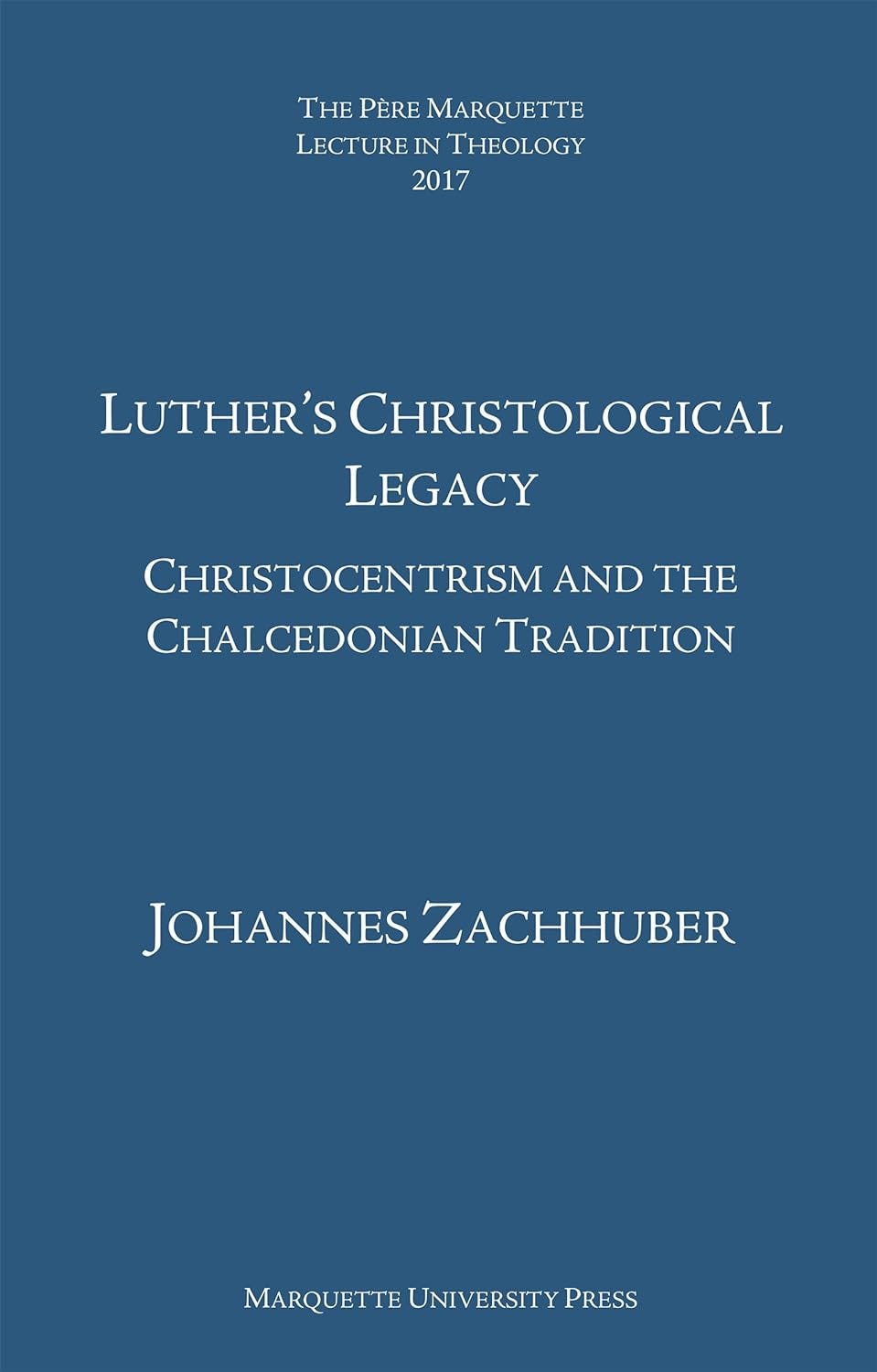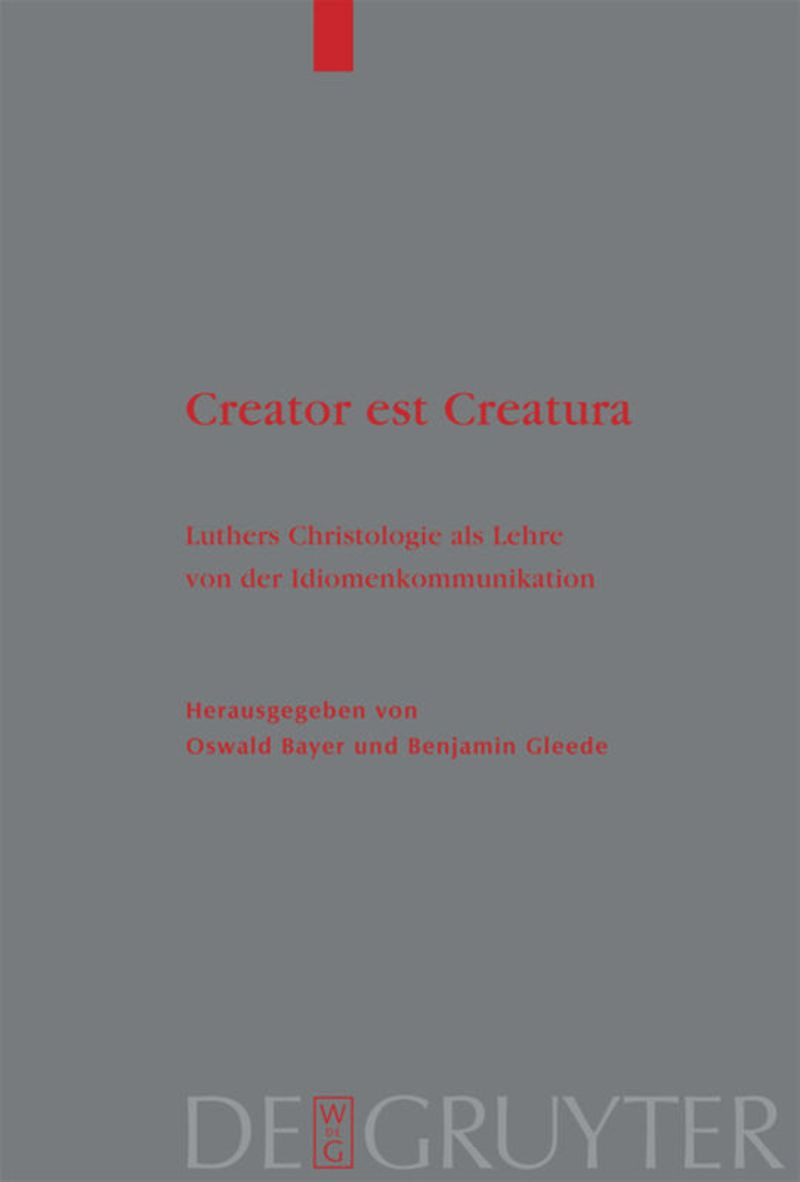Hooker, Luther, and Cyriline (Neochalcedonian?) Christologies of Reformation
An Ecumenical Opening
I recently discovered this wonderful lecture by Fr. Gary Thorne, former chaplain of King’s College in Halifax (and the celebrant of Sarah and I’s wedding this summer! ). I’m not yet encountered Richard Hooker’s theology firsthand (I think we only read snippets from his political thought in undergrad), but this dovetails quite nicely with what I do know of Luther’s theological legacy. I strongly recommend a listen:
What Thorne uncovers in Hooker is striking:
While remaining within the legacy of the Reformation, Hooker’s doctrine is interpreted through a doctrine of participation normed by the movement of creation, via Incarnation, into the Trinity. (Here what Hooker seems worried about, namely accounts of the Eucharist not inserted into this drama, seems equivalent to de Lubac’s worries in Corpus Mysticum).
Hooker depends, at key points, more on the Greek fathers than medieval sources, but not to attenuate but rather deepen his metaphysics.
Hooker’s pivotal sources are Cyril of Alexandria and John of Damascus, which involve him in confrontations with Theodoret of Cyrus and Nestorius.
A highly unitive Christology, including the affirmation of a suffering God and a focus on hypostasis, becomes key to the solution.
Here he takes advantage, through John, of post-Chalcedonian developments, despite the Reformation’s ambiguous attitude towards the later ecumenical councils.
This Christology is not limited to the “historical Christ” but explicitly is linked to our perichoretic deification and the formation of the whole Christ.
(He makes some comments about the “asymmetry” of the communicatio idiomatum which I’d have to quibble with).
The upshot of all this is that at least one strain of the Reformation legacy can be interpreted as Cyriline or even Neochalcedonian, through their humanistic retrieval of patristic texts and concerns with the shallowness of certain medieval or post-medieval Christologies.
Here I’d like to add that almost everything Thorne says about Hooker’s Christology here could be repeated of Martin Luther, who is deeply Cyriline and Neochalcedonian, again through John of Damascus.
And we could say the same of Robert Jenson…
Perhaps this Christological vision could be a point of ecumenical convergence!
Perhaps more on this in a future post, but I’d simply recommend the following:
Luther's Christological Legacy
Creator est Creatura: Luthers Christologie als Lehre von der Idiomenkommunikation






Fantastic. I really appreciate your linking to these resources, on top of your already extremely helpful collation of sources at academia.edu. The question for me, if we're not afraid of Neochalceonianism, is how to bring the Church of the East as well, which was never flatly "Nestorian," in fact they considered him a figure who was not necessarily representative of their tradition. With the critical editions now complete, https://global.oup.com/academic/product/the-luminous-way-to-the-east-9780197609644 do you know of anyone doing work to bring their fascinating mystical texts, some of the deepest I'm aware of anywhere, into the orbit of these conversations as well?